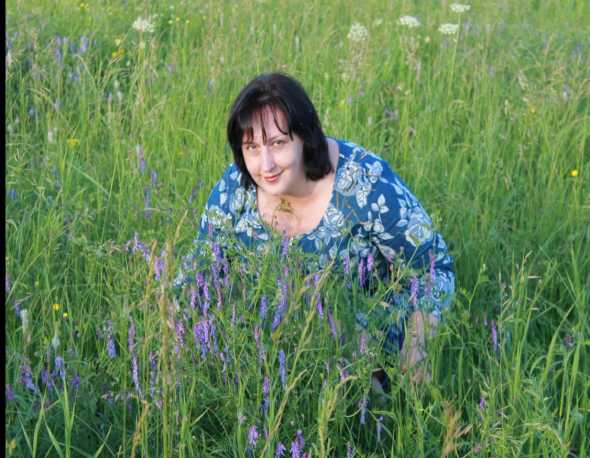Предлагаю вашему вниманию презентаци к урокам по теме "Our environment: Climate change". Учащиеся познакомятся с новым лексическим материалом (слова, выражения). Работа с текстом построена с использованием игры "Race". Грамматическая сторона речи представлена темой "Passive voice: present".
ИГРА "RACE". Суть игры: учащимся предлагается найти следующую информацию в тексте: 1) five things that produce greenhouse gases; 2) two important jobs that forests do; 3) two reasons why forests are destroyed; 4) three effects that deforestation has. Первый, кто правильно выполнит задание, становится победителем.
Просмотр содержимого документа
«Презентация урока (Lesson 32) к учебнику "Project 4" (3rd edition) by Tom Hutchinson, James Gault. Издательство Oxford University Press.»

Our environment Climate change


Vocabulary The environment
1. Match the meanings (1-11) to the words (a-k). Use a dictionary to help you.
a drought
b power stations
c global warming
d the ice caps
e rainforests
f CO2
g pollution
h greenhouse gases
i deforestation
j hurricanes
k fossil fuels
1 the ice in the Arctic and Antarctic
2 cutting down a forest
3 harmful chemicals in the air or water
4 coal, oil and gas
5 carbon dioxide
6 when there is no rain for a long time
7 the tropical forests
8 tropical storms
9 gases that trap the Sun‘s heat
10 These produce electricity.
11 The Earth is getting hotter.
1 d, 2 i, 3 g, 4 k, 5 f, 6 a, 7 e, 8 g, 9 h, 10 b, 11 c

Comprehension
a power station/pollution
b ice caps (melting)
c drought
d deforestation
2 a Which of the things in exercise 1 can you find in the pictures?
b Look quickly at the text. What is “the biggest cause” of global warming?
c Read and listen to the text. Complete the gaps with words a-k from exercise 1. Which word isn‘t used?
deforestation
1c 2h 3f 4d 5j 6a 7k 8b 9i 10e

RACE
3 Find these things in the text.
- five things that produce greenhouse gases
- two important jobs that forests do
- two reasons why forests are destroyed
- three effects that deforestation has

Answer key
- greenhouse gases are produced by cars, factories, power stations, aeroplanes, deforestation
- forests control global temperatures by taking in carbon dioxide, and they produce rain
- forests are destroyed for wood for building and furniture, and to make farms
- effects of deforestation include the release of CO2 into the atmosphere, this leads to more extreme weather, sea levels rising and coasts disappearing.

Grammar Passive voice: present
are burnt
b Find these parts of speech in the active sentence :
subject verb object
Power station burn fossil fuels.
c In a passive sentence we have these parts of speech:
subject verb (agent)
Fossil fuels are burnt power station.

d Find them in the passive sentence. What word do we use to introduce the agent?
d Complete the sentences from the text.
Every year, thousands of articles__________
about it.
However, in many cases the land____________
for farms.
are written
is used
We use the passive when the action is the most
important thing. So we don‘t always need an agent.
It is not important who does the thing.

5 а How do we make the passive? Complete the rule. Choose from these forms.
the verb to have an -ing form
a past participle the verb to be
To make the passive we use the verb to be and a past participle.
b Find more examples of the passive in the text.


Answer key
- The forests are burnt down by farmers.
- Most of the world‘s fain is made by forests.
- Forest fires are photographed by satellites.
- Millions of animals are killed by deforestation.
- 3% of greenhouse gases are produced by aeroplanes.
- The Sun‘s heat is trapped by greenhouse gases.
- Extreme weather is produced by global warming.


Answer key
- Fuels made from plants.
- Because the world is running out of fossil fuels and people think they are cleaner.
- They are used for the same things as fossil fuels, but mostly in cars.
- He is against them.


SB: ex.8, p.57

NOW IT’S UP TO US

































